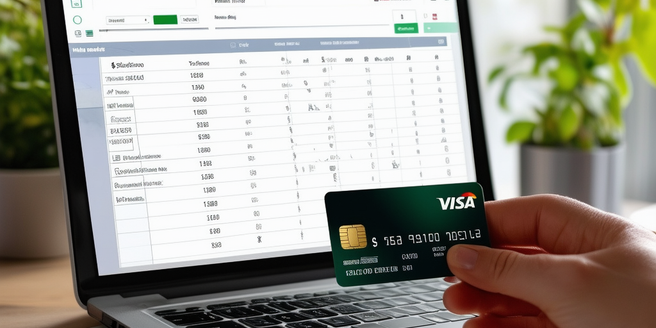
Understanding Low Budget Credit Options
Exploring low budget credit options can provide a feasible path for those with limited financial means to manage their credit effectively. Start by investigating community credit unions or non-profit organizations, which often offer more favorable rates than traditional banks. Additionally, consider secured credit cards, which require a deposit but can help build credit without major financial risk. Another option is looking into microloans, typically offered by online platforms, which can be a viable alternative for small, immediate cash needs. Peer-to-peer lending platforms can also present opportunities for obtaining credit with potentially lower interest rates. It’s crucial to thoroughly research terms and conditions of any credit option to avoid unexpected fees. Understanding these resources helps consumers make informed choices when seeking credit while maintaining a strict budget.
Creating a Budget-friendly Financial Plan
Developing a financial plan within a tight budget requires discipline and strategic planning. Begin by setting clear financial goals, whether you’re aiming to pay off debt, save for an emergency fund, or improve your credit score. Next, track all your expenses, categorizing them into needs and wants, to identify potential areas for cost-cutting. Allocate funds based on priority, ensuring that essential expenses are covered first. Use digital budgeting tools and apps to maintain accountability and track progress. Consider the envelope method, a cash-based budgeting system, to promote mindful spending. Additionally, regularly review and adjust your budget to accommodate any changes in income or expenses. By taking a proactive approach and remaining adaptable, you can maintain financial health and work towards achieving your future financial goals, even on a limited budget.
Tips to Improve Credit Score on a Tight Budget
Improving your credit score without overspending is achievable with deliberate actions. Start by paying bills on time, as timely payments significantly impact your credit score. If you struggle with due dates, set up automatic payments or reminders. Aim to use only a small portion of available credit to keep your credit utilization ratio low. It’s smart to periodically review your credit report for errors that might adversely affect your score. Requesting a free annual credit report from major credit bureaus is a legal right and a valuable practice. If approved for a new line of credit, use it responsibly to demonstrate good credit behavior. Even with limited resources, prioritizing these strategies can gradually enhance your credit score and open doors to better financial opportunities in the future.
How to Avoid Common Credit Traps
Avoiding common credit traps requires awareness and vigilance. One frequent pitfall is failing to read the fine print on credit agreements, which can lead to unexpected fees and interest rate hikes. Always take the time to thoroughly read and understand terms before signing. High-interest payday loans may offer a quick fix but can trap borrowers in cycles of debt, often exacerbating financial strain. Explore alternative solutions like community financial assistance programs before opting for such loans. Don’t fall for ‘too good to be true’ credit offers without verifying their legitimacy first to avoid scams. It’s also crucial to avoid maxing out credit cards, which can rapidly hurt credit scores and incur hefty interest. By staying informed and cautious, you can successfully steer clear of these credit traps.
Finding Resources for Budget Credit Assistance
When navigating the landscape of credit with limited resources, knowing where to find assistance can make a significant difference. Start by seeking guidance from non-profit credit counseling agencies, which offer free or low-cost services to help manage debt and improve credit. Financial literacy programs provided by local community centers or online platforms can equip you with knowledge and tools to better handle credit matters. Libraries often have books and resources on personal finance that can provide insights into maintaining creditworthiness on a tight budget. Explore government programs designed to offer financial support or grants to those in need. Additionally, many websites offer free financial advice forums and articles specifically targeted at those with budget constraints. Utilizing these resources can empower you to make informed financial decisions and improve your financial standing.
